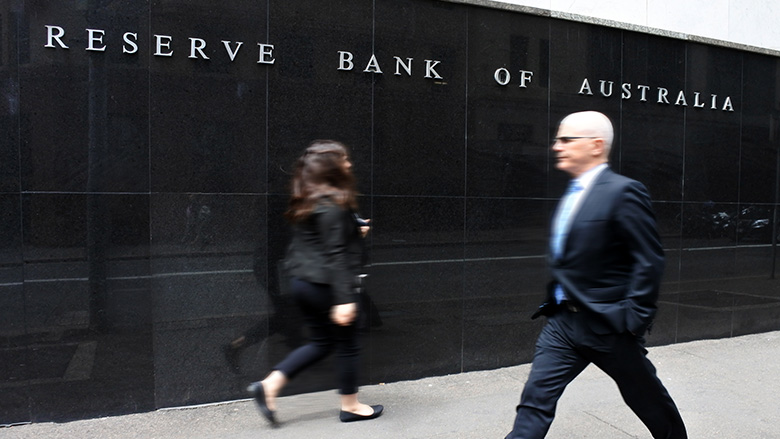The Reserve Bank of Australia, which has lifted interest rates significantly since May 2022 to combat inflation, expects GDP growth to be slightly higher than CBA’s forecasts at 2.25%.
Australia experienced its first recession in three decades in 2020 when the economy contracted by 1.8% as a consequence of the first year of the pandemic. Since then, economic growth has rebounded on the back of monetary and fiscal stimulus and the easing of restrictions, prompting a strong recovery in consumer spending and business investment.
But the return of inflation caused by a combination of global and domestic factors including supply chain pressures, higher energy and food prices and a tight labour market has led the Reserve Bank to raise interest rates sharply over the past nine months from 0.1% to 3.35% now.
While the latest bout of inflation is thought to have peaked at 7.8% in the December 2022 quarter, the on-going effects of the price rises are not expected to dissipate until the end of this year and only start to return to the RBA’s target range of 2% -3% in 2024, according to CBA’s forecasts.
To achieve that, the RBA last week flagged that the official cash rate will have to go up further. CBA now expects the central bank will increase interest rates to 3.85% with rises of 0.25% in March and April respectively before pausing to see what the full impact has on household and business consumption.
With consumer sentiment falling, house prices to continue to weaken and the first signs of a spending slowdown emerging, CBA’s economists are expecting that interest rates will have to be cut by the RBA in the fourth quarter of this calendar year to help avoid the prospect of a recession — what is commonly known as a “hard landing” for the economy.
On the plus side, however, current and future growth will continue to be underpinned by low levels of unemployment, low under-employment and high participation rates while exports and non-mining investment continue to hold up well. The pressures of a tight labour market should also be eased with a swifter return in net overseas migration.




